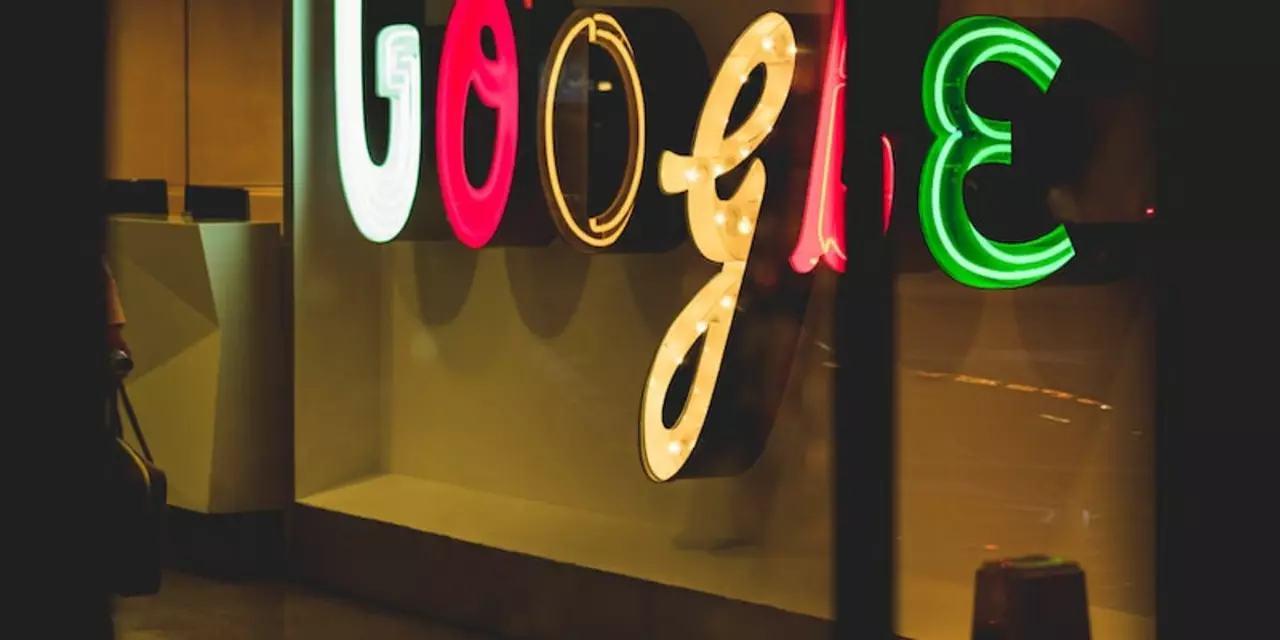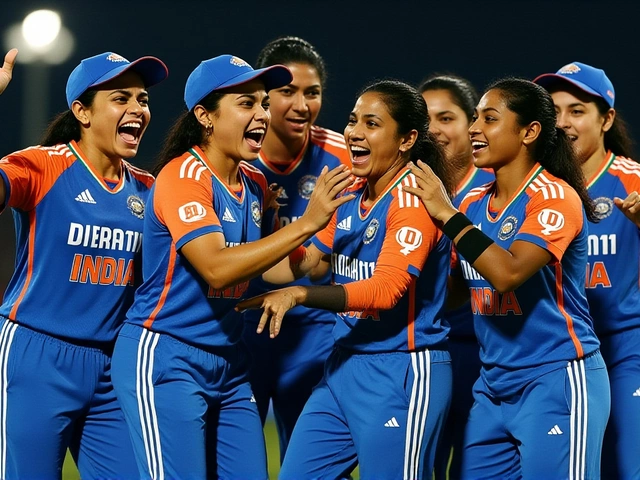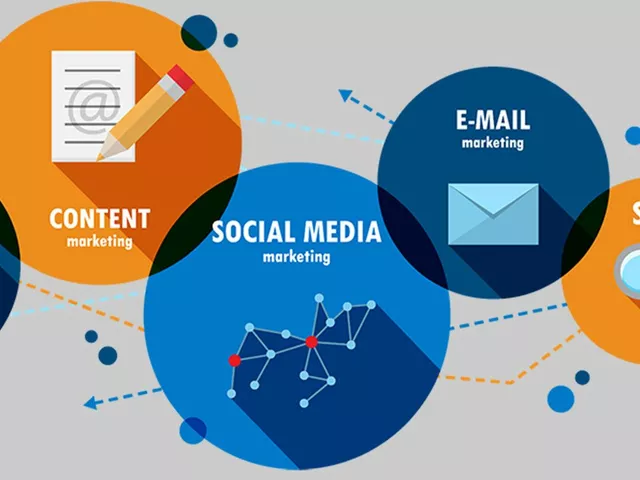Social Media Marketing: Real Tips for Indian Brands
Ever felt stuck choosing between Facebook ads and Google Ads for your startup? You’re not alone. In India, small businesses often wonder which platform will give the biggest bang for their buck. The good news? You don’t have to pick just one. By understanding the strengths of each channel, you can build a mix that drives brand awareness, traffic, and sales.
Choosing the Right Platform: Facebook vs Google Ads
Facebook shines when you need to target specific audience groups. Its ad manager lets you slice users by age, location, interests, and even recent online behavior. If you’re launching a new product in Delhi and want to reach fashion‑forward 20‑30‑year‑olds, Facebook’s visual ads and carousel formats work like a charm. They build familiarity and keep your brand top of mind.
Google Ads, on the other hand, is a powerhouse for intent‑driven traffic. When someone types “best digital marketing course in Mumbai,” your ad can appear right at that moment of intent. This makes Google Ads ideal for driving conversions, sign‑ups, or sales. The platform’s keyword bidding system can be a bit tricky, but once you nail the right keywords, you’ll see quick results.
To decide which to prioritize, ask yourself two questions: What’s your immediate goal – awareness or conversion? And where does your audience spend most of their time? If you’re just starting out and need to build a follower base, lean into Facebook. If you have a clear offer and want users to act now, pump more budget into Google.
Quick Wins for Startups on Social Media
Whatever platform you pick, keep these simple tactics in mind:
- Use video snippets. A 30‑second video explaining your service gets more engagement than a static image.
- Retarget visitors. If someone clicked your ad but didn’t convert, show them a follow‑up ad with a discount.
- Leverage local trends. Tie your content to Indian festivals, cricket matches, or viral memes to boost relevance.
- Test ad copy. Swap one headline for another and let the platform tell you which performs better.
- Monitor cost‑per‑lead. Set a ceiling for how much you’re willing to pay per sign‑up and pause ads that exceed it.
Start with a small daily budget – even ₹500 can generate useful data. Review the performance after a week, tweak the audience or creative, and scale the winning ads. The key is to stay agile; the digital landscape in India changes fast.
Remember, social media isn’t just a paid channel. Combine organic posts with paid boosts to keep your page lively. Share customer testimonials, behind‑the‑scenes clips, and simple how‑to guides. When users see a mix of authentic content and targeted ads, trust builds faster.
Ready to jump in? Pick one product, set a clear goal, and choose the platform that aligns best. Track clicks, leads, and sales, then let the data steer your next move. With the right mix of Facebook’s audience precision and Google’s intent power, your startup can grow without blowing the budget.

Is Facebook marketing or Google Ads better for a startup?
This article discusses the advantages and disadvantages of both Facebook and Google Ads when it comes to marketing for a startup. It explains that Facebook Ads are great for targeting specific audiences and building brand awareness, while Google Ads are better for driving conversions and getting quick results. It then dives into the pros and cons of each platform and how to decide which one is best for a startup's marketing needs. Ultimately, it concludes that the best choice will depend on the goals and resources of the startup. In general, both Facebook and Google Ads can be effective tools for marketing a startup.
Categories
- Cricket (5)
- Digital Marketing (3)
- Sports (2)
- Digital Marketing Strategies (1)
- Social Media Marketing (1)
- Digital Marketing Agency Resources (1)
- Digital Marketing and Advertising (1)
- Online Shopping & E-commerce (1)
- Technology and Digital Marketing (1)
- Entertainment (1)
Popular Articles


